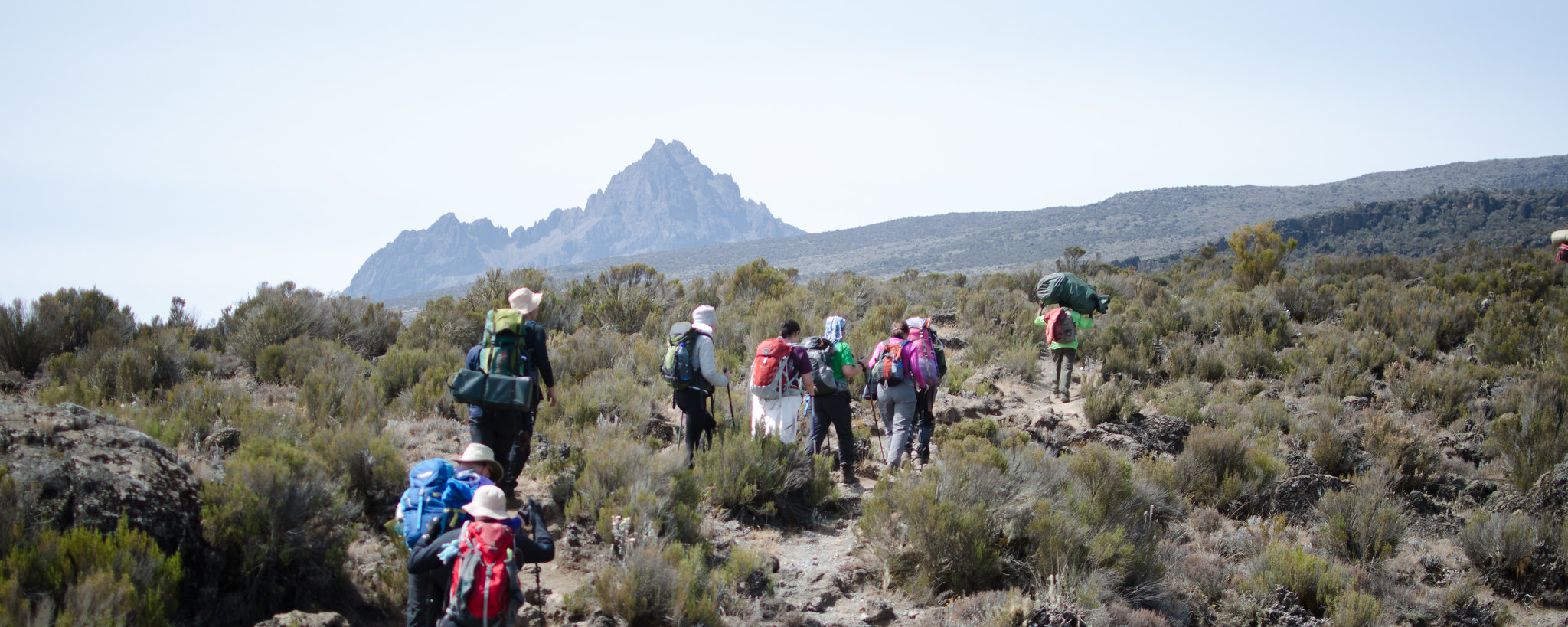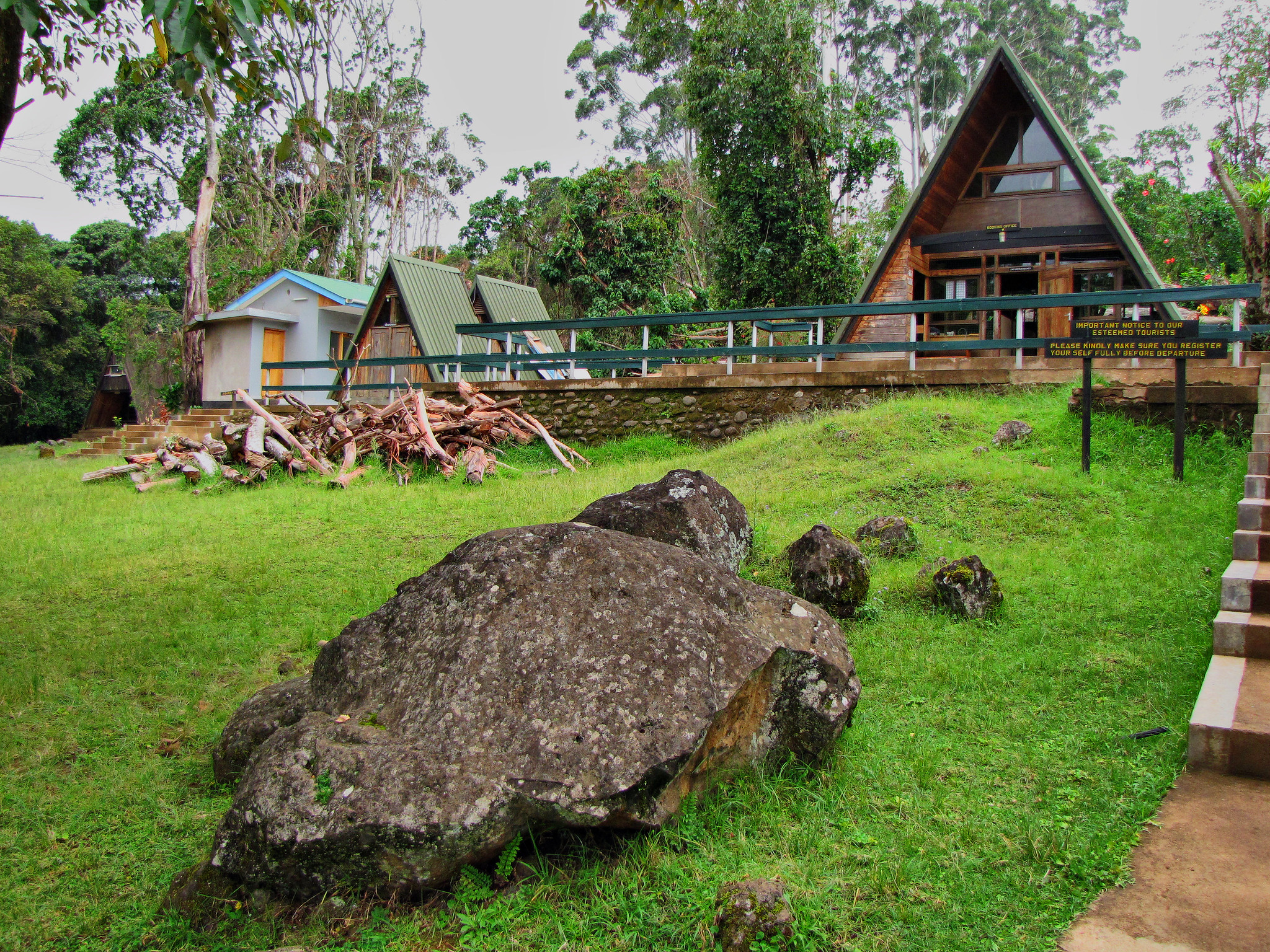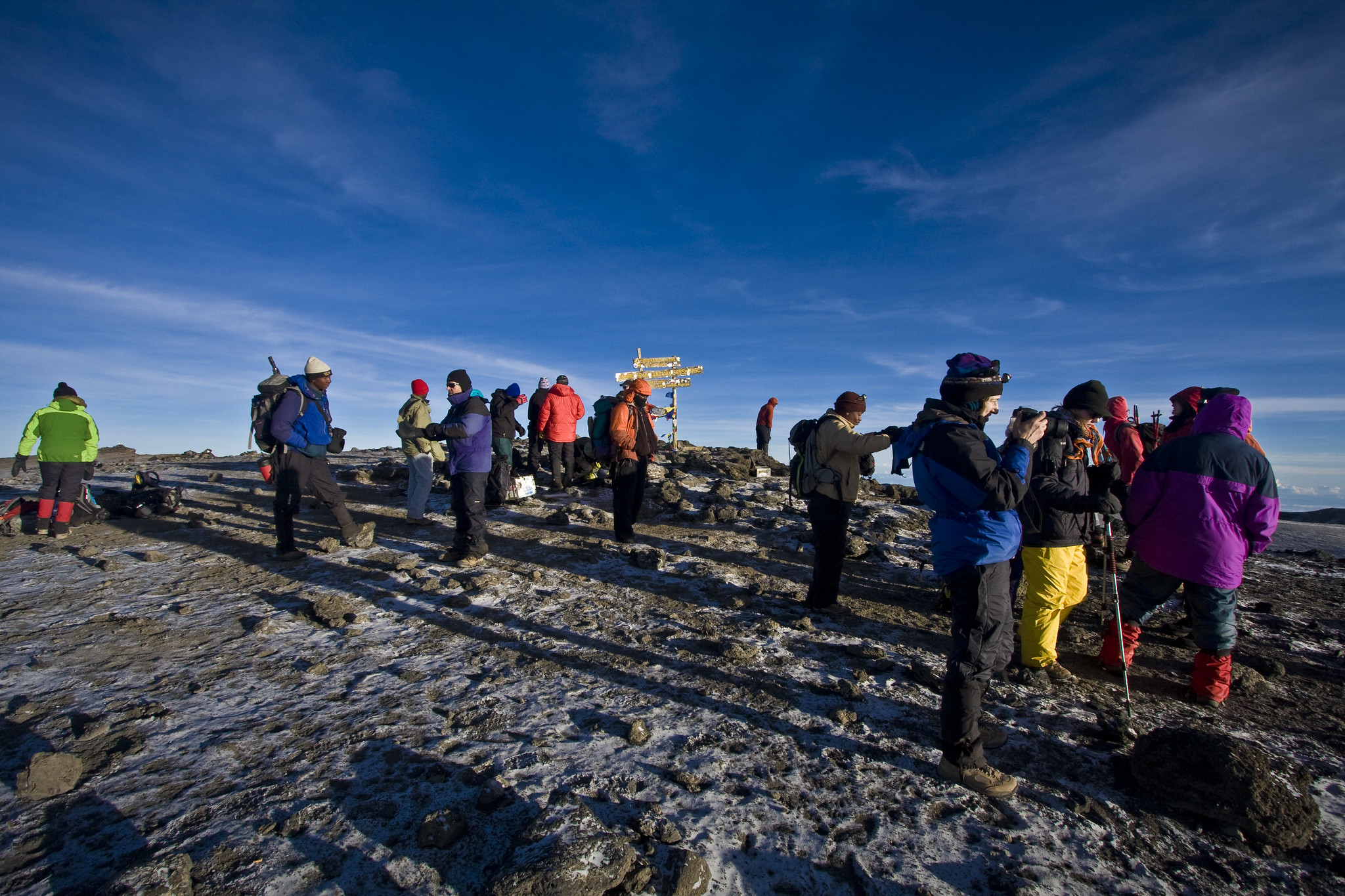Kigali Genocide Memorial
In the span of 100 days, an estimated one million Tutsis and moderate Hutus were systematically butchered by the Interahamwe army. This memorial honours the estimated 250,000 people buried here in mass graves and also has an excellent exhibition that tries to explain how it was that the world watched as the 1994 genocide unfolded. This is an intensely powerful and moving memorial for which you should dedicate at least half a day.
The informative audio tour (US$15) includes background on the divisive colonial experience in Rwanda. As the visit progresses, the exhibits become steadily more powerful, as you are confronted with the crimes that took place here and moving video testimony from survivors. If you have remained dispassionate until this point, you’ll find that it will all catch up with you at the section that remembers the children who fell victim to the killers’ machetes. Life-sized photos are accompanied by intimate details about their favourite toys, their last words and the manner in which they were killed.
The memorial concludes with sections on the search for justice through the international tribunal in Arusha as well as the local gacaca courts (traditional tribunals headed by village elders).
Upstairs is a moving section dedicated to informing visitors about other genocides that have taken place around the world and helping to set Rwanda’s nightmare in a historical context.
After you’ve absorbed the museum displays, take a rose (by donation) to leave on one of the vast concrete slabs outside that cover the mass graves. There’s also a wall of names, a rose garden, a gift shop and a pleasant cafe serving good coffee, lunch buffets (RFr2500), snacks and juices that is an ideal place to reflect and gather yourself before facing the outside world again.
Remembrance and Learning Tours across Rwanda can also be arranged through the Kigali Genocide Memorial.
It is located in the northern Kisozi district of the capital, which is a short moto-taxi ride from the centre (about RFr500).
The Kigali Genocide Memorial commemorates the 1994 Rwandan genocide. The remains of over 250,000 people are interred there. There is a visitor centre for students and those wishing to understand the events leading up to the genocide of 1994. The Centre is a permanent memorial to those who fell victim to the genocide and serves as a place in which the bereaved could bury their family and friends. The Centre is managed and run by the Aegis Trust on behalf of the National Commission for the Fight Against Genocide (CNLG



